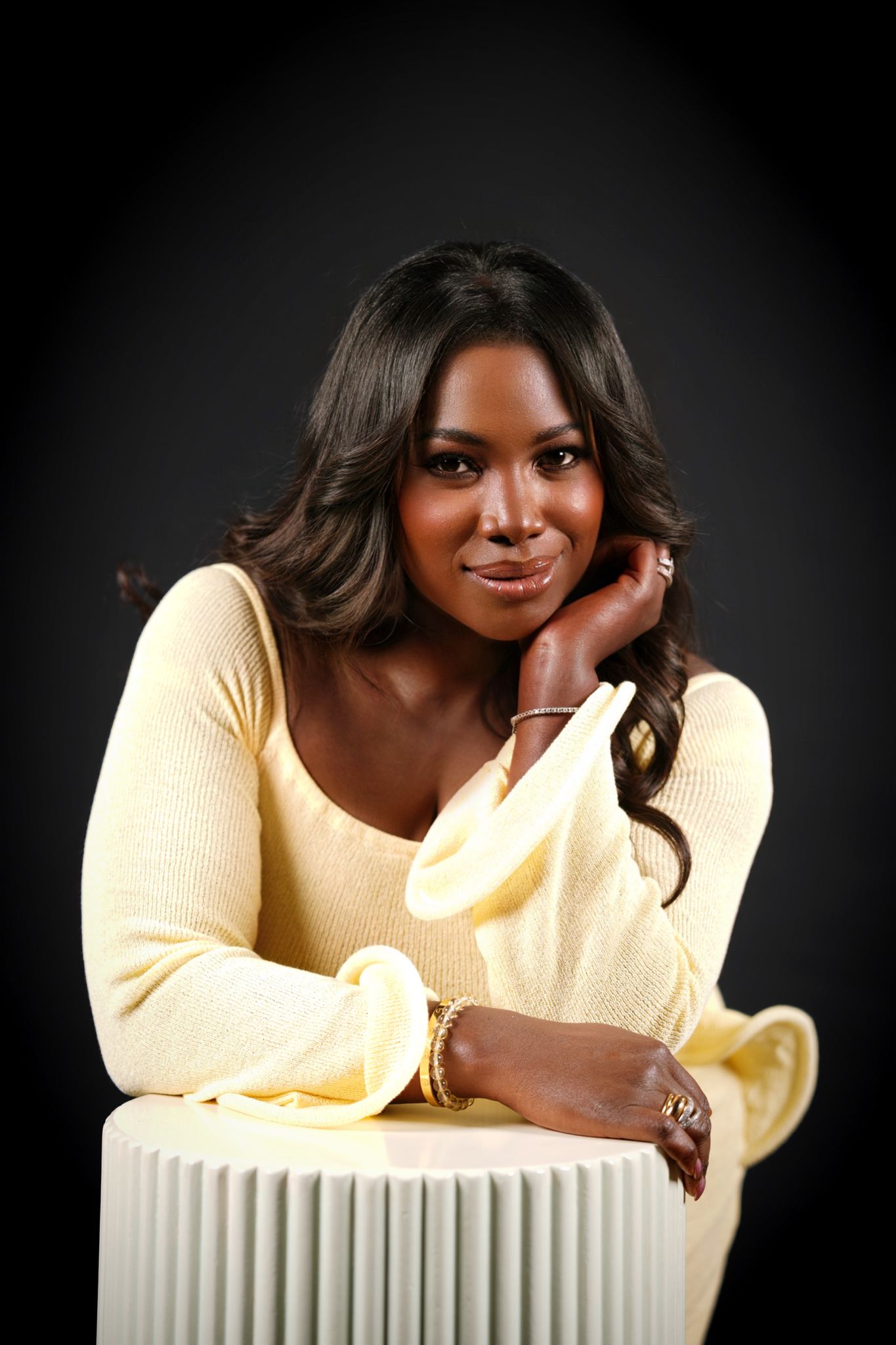In a world inundated with recommendations and suggestions, it’s become a thought-provoking query: how many choices we make are genuinely our own? Is our daily existence merely a compilation of the suggestions we encounter? This contemplation began when I swapped a book on my reading list for one that a literary editor endorsed as the “perfect summer read.” Although the book turned out to be uninspiring, it prompted me to reflect on why I so readily altered my preferences based on external recommendations.This led me to ponder the myriad ways other people’s advice infiltrates my daily routine, whether consciously or subconsciously. I now use a moisturizer endorsed by a celebrity, watch shows at the insistence of friends, and even wear a lipstick that a YouTuber lauded. Furthermore, with pregnancy and postpartum experiences, I became a magnet for unsolicited advice. Is my life essentially an amalgamation of recommendations?Pause for a moment to consider your own decisions. Why do you choose that particular online news source? What compels you to order from a specific restaurant? Why did you follow that Google Maps route instead of your familiar path? Each choice can often be traced back to a suggestion.Humans possess a curious inclination to align with the crowd, seeking familiarity and communal knowledge. This phenomenon stretches back to tailored marriage prospects, television shows, gold purchases, and culinary recipes. Indian women, for instance, have long exchanged notes on a variety of topics. Traditional advertisements often presented a relational approach, showcasing family or friends endorsing products. Influential figures like astrologers, mentors, and advisors have also played pivotal roles. Recommendations hold significant sway when we’re uncertain about which product or brand to trust. The very word “recommendation” evokes a sense of value, implying it’s something to treasure and pass on to someone deemed trustworthy.Receiving advice from someone we admire establishes a tangible connection. This phenomenon has propelled numerous influencers to create successful homegrown brands. Moreover, recommendations often facilitate social signaling—our online personas are continually nurtured by these nudges. The recent frenzy around products like the viral Uniqlo bag or the excitement surrounding Rare Beauty’s launch in India illustrates how desirability is closely linked to endorsements. Yet, this surge of recommendations has grown exponentially in volume and speed.While recommendations have evolved from word of mouth to AI-powered algorithms, reviews hold a significant place in decision-making. We check reviews for everything from restaurants to hotels, relying on mapping platforms to guide our way. Even cookies, marketed as personalized aids, serve as conduits for tailored recommendations. Netflix’s success, for instance, hinges on personalized suggestions, extending to artwork and thumbnails.Algorithmic recommendations offer a neutral alternative to subjective opinions, appealing to a culture where dissenting views can cause offense. However, it’s essential to differentiate between authentic recommendations and diluted ones, often driven by monetary incentives. The erosion of trust in influencer content has even led to movements like “deinfluencing” and “influencer fatigue.”Still, not all recommendations are detrimental. They help combat decision fatigue and information overload. But it’s crucial to retain balance, embracing curiosity, individuality, and a hint of rebellion. From selecting lesser-known authors to exploring unconventional travel destinations, these actions reintroduce risk, adventure, and the joy of discovering the unexpected. Ultimately, recommendations are tools to guide, not dictate, our journey through life.
The Recommendation Quandary: Navigating Influence in Everyday Life











